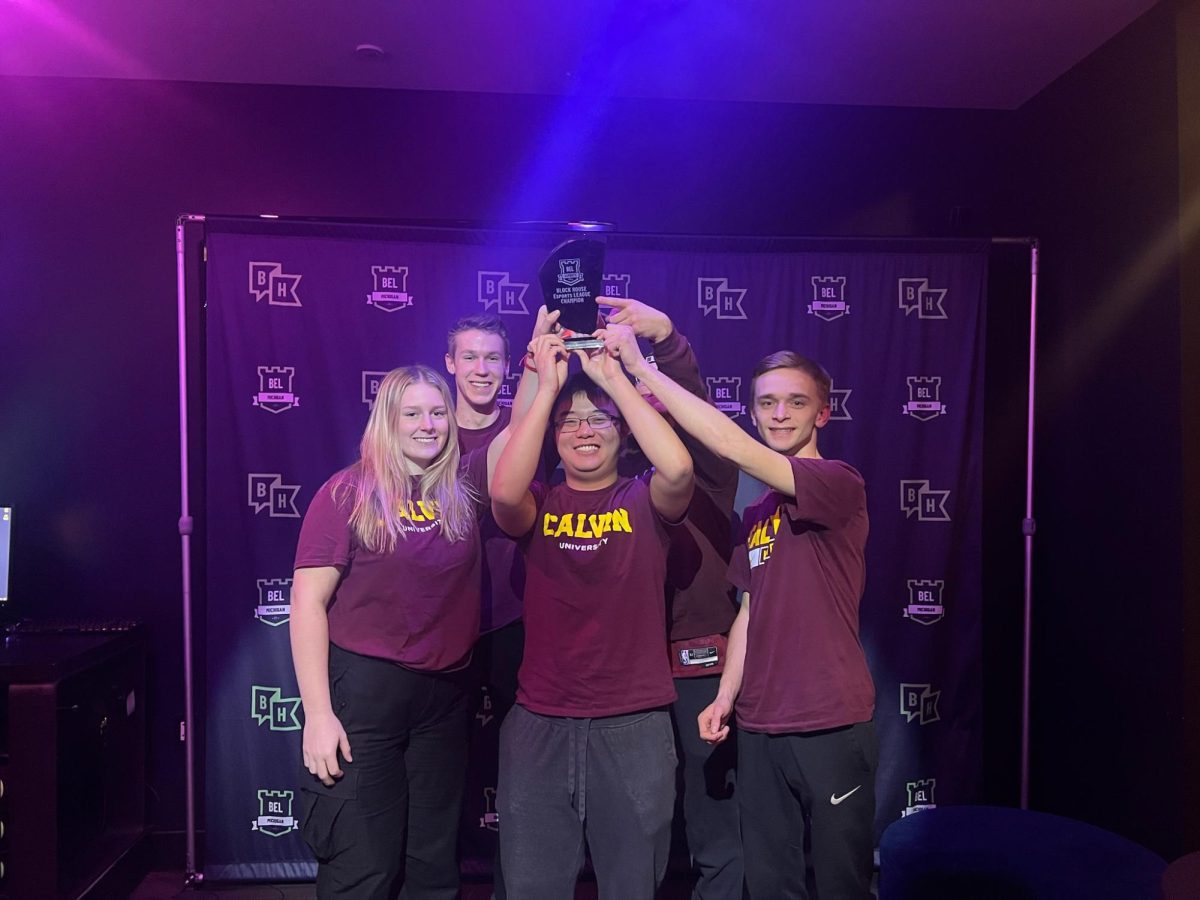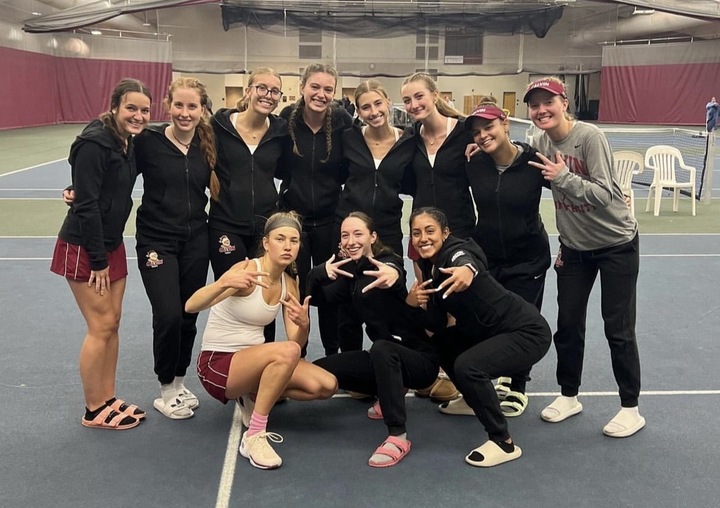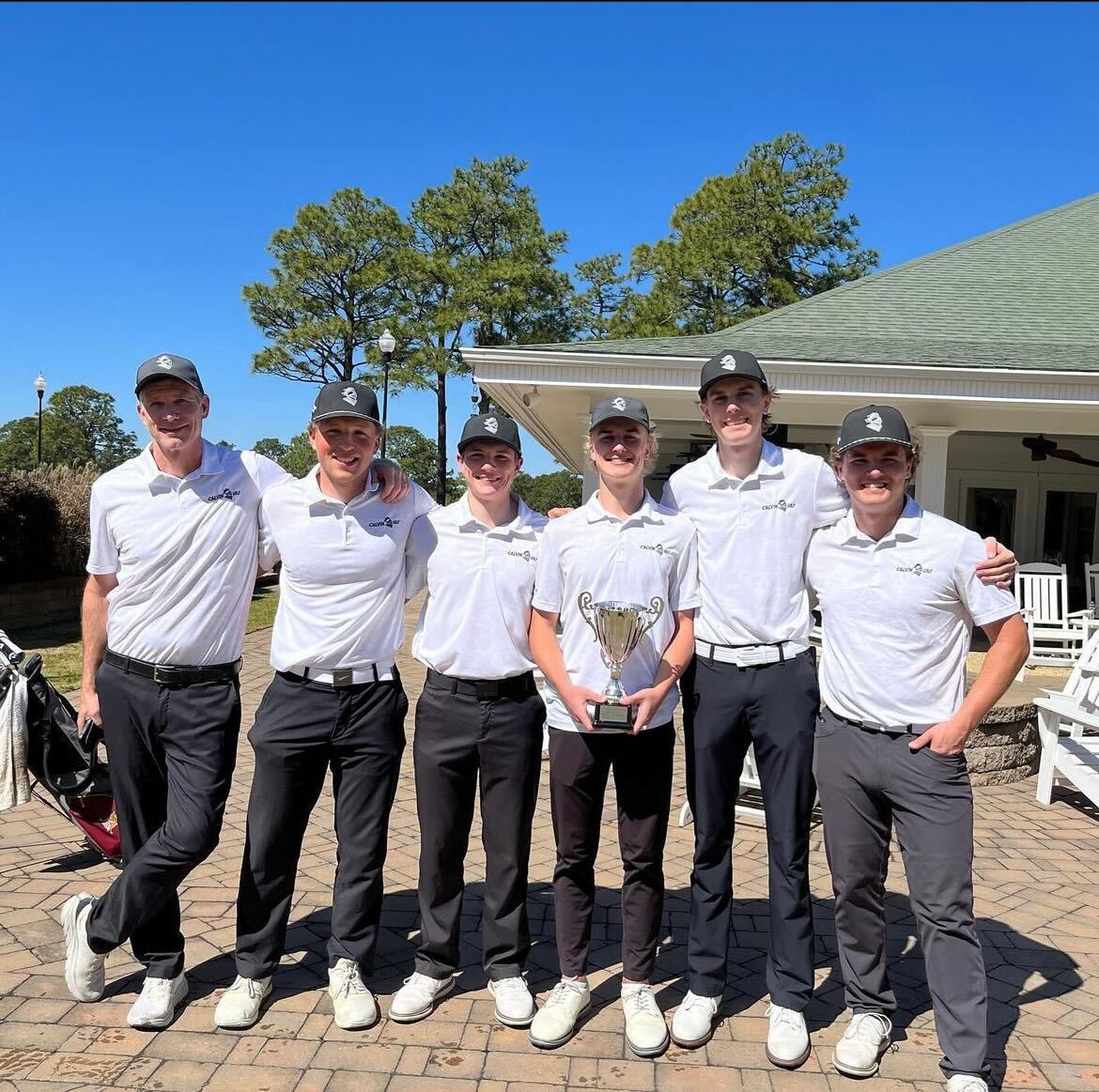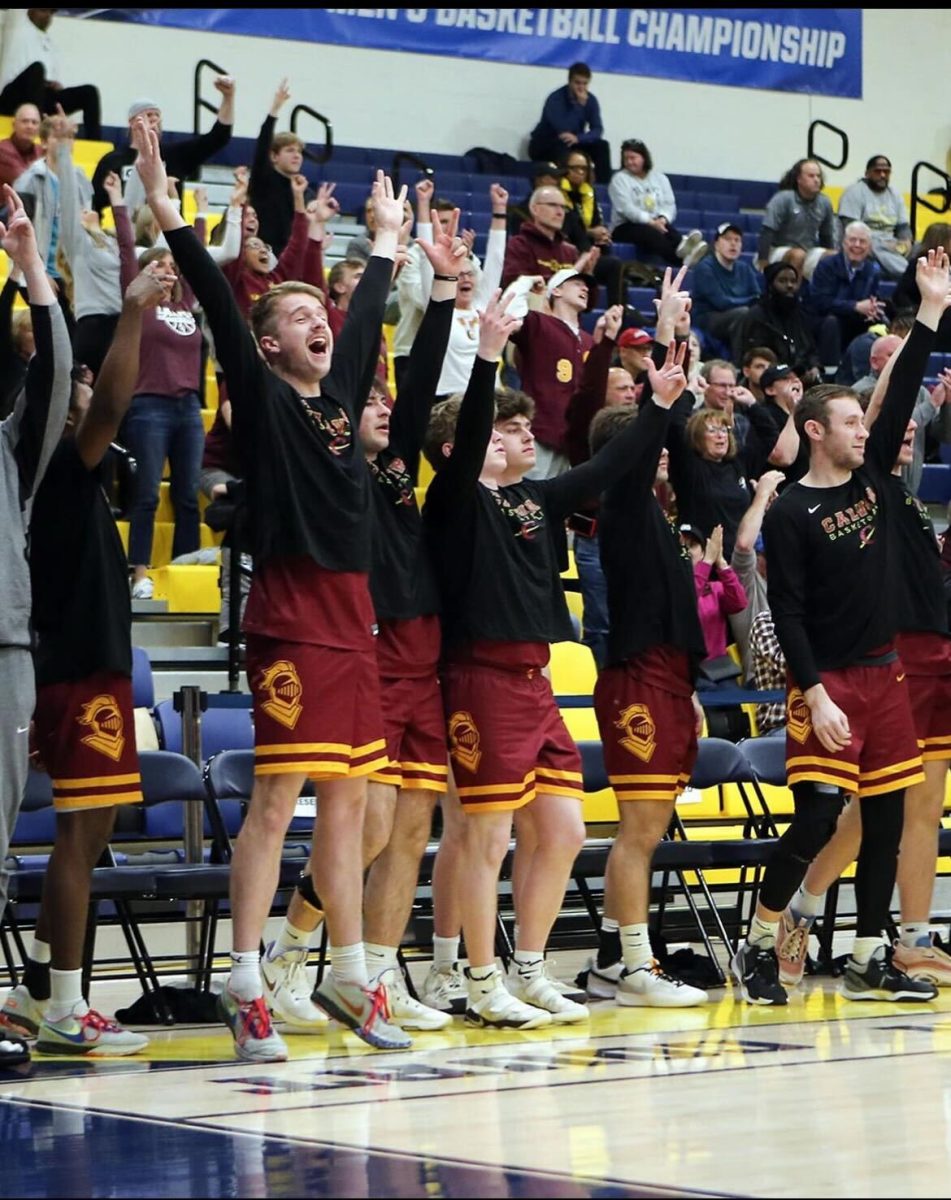Sometimes life throws you a curveball and plans that were once written in stone are washed away. That is precisely what happened to sophomore diver Hillary Glover as she was going through a physical before her senior year of high school.
In May of 2012, Glover was told by a nurse that she had a heart murmur. At the time, she didn’t know what that was but went to her regular doctor a month later. Her doctor sent her to the Helen DeVos Children’s Hospital for an electrocardiogram to test the electrical activity of her heart. Eventually, Glover learned that she had a heart condition known as Hypertrophic Cardiomyopathy.
This condition happens when a person has a thicker-than-normal wall of muscle between the ventricles. It puts a person at high risk of cardiac arrest because the heart has to work harder to pump blood. Glover was unable to compete on the swim team her senior year but still attended meets to support her team.
When looking for a college, Glover looked for a swim team that would still let her be a part of it by at least assisting with statistics. At Calvin, the coach offered her a different kind of opportunity: he wanted to teach her how to dive.
“I talked to my doctor who . said I could try it,” said Glover. “We had to go through a lot of hoops and hurdles. There was a waiver I had to sign, and I’m under many restrictions. I can’t push my heart rate above 140 or else I am pushing the limits on my heart. No one knows for sure at what point, but surpassing that limit would be putting me at a higher risk of sudden cardiac arrest.”
As Glover continues to learn more about the sport of diving, she has to balance her condition with her competitiveness. Glover says her competitive nature pushes her to want to compare herself to teammates and competitors who have been diving for several years, but she realizes that too much adrenaline or nerves could be dangerous, and her doctors might tell her to stop diving.
“We don’t really know how much is too much,” Glover said. “I almost wasn’t allowed to dive this year.”
Unable to participate in some of the training with the team, Glover feels bad that she can’t share in the pain of training hard but is still working on being a better diver.
“There’s been a lot of progress,” she said. “I PRed [made a personal record] about every meet last year because I was learning new dives and techniques.”
Glover has shared her story with her high school, floormates and a few teammates but also opened up to Women’s Lifestyle magazine in an October article. She is now a spokesperson for the American Heart Association’s Heart Walk.
“This has made me realize that there is more than just ourselves out there,” said Glover. “In high school, swimming was my life. [Learning to dive] has opened my eyes to what else is out there.”









